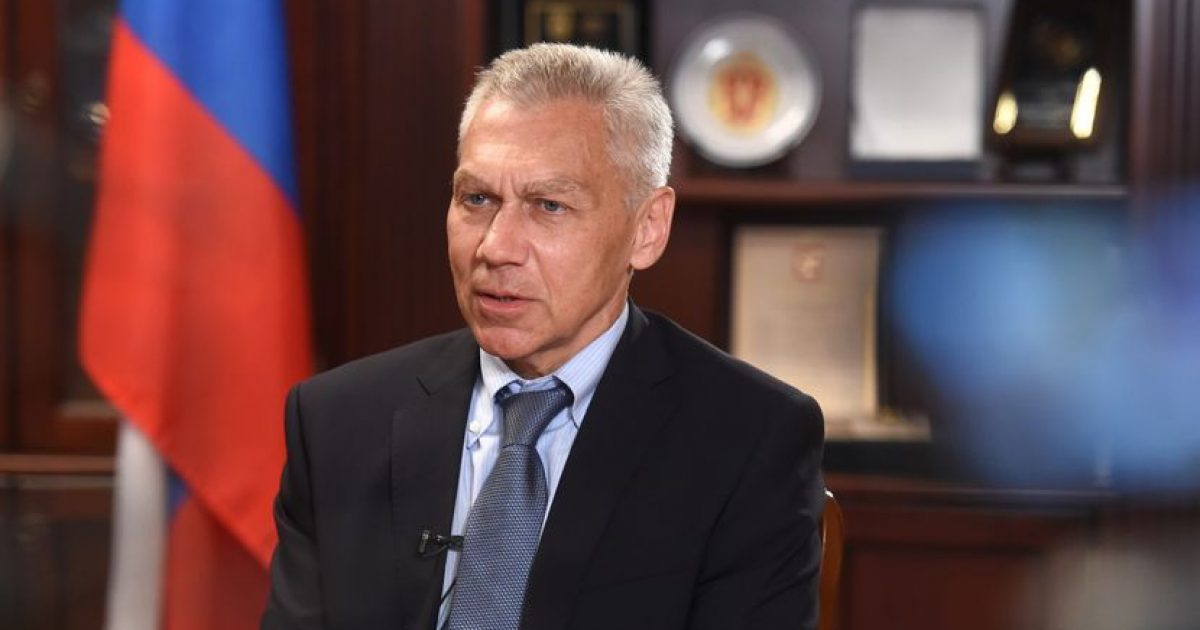Russia's ambassador to Serbia, Alexander Bocan Kharchenko, said that "there is and can be no change in the position of the Russian Federation regarding the issue of Kosovo."
"We do not recognize Kosovo.
We actively support Belgrade in international forums, especially in the UN Security Council.
"Everything about the alleged changes in Russia's position has been invented, with the aim of disrupting Moscow-Belgrade relations and in order for Serbia to join the anti-Russian measures," Kharchenko told the Serbian newspaper Politika.
On April 26, Russian President Vladimir Putin compared Kosovo to the two separatist regions in Ukraine, Donetsk and Luhansk, commonly known as the Donbas.
Russia, like Serbia, does not recognize Kosovo's independence.
Following Putin's statement, Serbian President Aleksandar Vucic said his country was under "growing pressure" to recognize Kosovo's independence.
Vuiqi ka said that the situation in Serbia had "changed for the worse" after the statement of the Russian president and that the whole West would ask Serbia to move towards the recognition of Kosovo's independence, in order to tell Putin that Kosovo and Donbas are not the same.
Authorities in Serbia, despite calls from the West, refuse to impose sanctions on Russia over its occupation of Ukraine.
The Russian ambassador to Belgrade said the pressure on Serbia was "unbelievable" and "brutal".
"We understand the extraordinary pressure of the West on Belgrade and the difficult situation in which Serbia finds itself.
"And, of course, we highly appreciate the [Serbia] line of principle, not accepting anti-Russian sanctions," Kharchenko said.
Since Russia launched its unprovoked invasion of Ukraine on February 24, the West has imposed a series of harsh economic and diplomatic sanctions on Russia.
The countries of the Western Balkans have joined them, except for Serbia./ rel/
